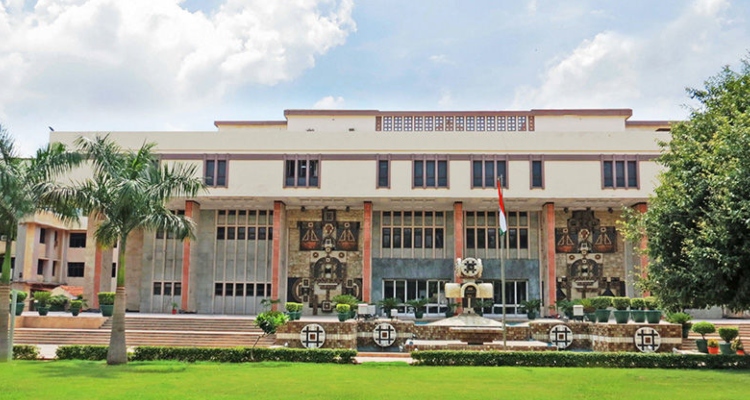
The Delhi High Court on Tuesday has strongly objected to the practice of non-advocates and agents representing litigants in consumer courts based on authorization letters, stating it undermines the legal and ethical responsibilities of advocates.
Justice Sanjeev Narula emphasized that this practice violates the Advocates Act, 1961, which grants only enrolled advocates the right to perform such functions.
The court observed that allowing non-advocates to act on behalf of litigants dilutes the concept of a vakalatnama (power of attorney for legal representation) and raises serious concerns about professional privilege and confidentiality, as these individuals are not bound by the Act’s provisions.
“This is fundamentally inconsistent with the Advocates Act, 1961, which exclusively vests these functions in enrolled advocates. Such a practice not only dilutes the legal and ethical responsibilities that define the role of an advocate but also undermines the concept of a vakalatnama,” Justice Narula stated.
The court highlighted a case where an advocate had delegated core professional responsibilities, such as signing documents, receiving communications, and arguing cases before the commission, to a non-advocate. It deemed this delegation unacceptable and directed consumer courts in Delhi to ensure that parties are represented strictly by advocates or agents in accordance with the relevant regulations.
The court further mandated that the practice of allowing non-advocates or agents to represent litigants based on authorization letters issued by lawyers “must not be allowed with immediate effect.”
Background of the Case
The ruling came in response to a petition filed by several practicing advocates registered with the Bar Council of Delhi, raising concerns over the growing trend of non-advocates representing parties in consumer courts. The petition argued that this practice violates the framework established under the Consumer Protection (Procedure for Regulation of Allowing Appearance of Agents or Representatives or Non-Advocates or Voluntary Organisations before the Consumer Forum) Regulations, 2014.
Court’s Directives
1. Consumer Court Compliance: Consumer courts in Delhi, including the state consumer commission and district forums, must ensure representation is limited to advocates or authorized agents as per the 2014 regulations.
2. Case Details Submission: The state consumer commission and district consumer fora are required to provide details of pending cases where non-advocates are representing parties.
3. Response from Legal Authorities: The court issued notices to the Lieutenant Governor, Delhi government, Bar Council of India, and Bar Council of Delhi, seeking their responses to the issue.
4. Bar Council Affidavits: The Bar Council of India and the Bar Council of Delhi were directed to file counter affidavits addressing the concerns raised.
Next Hearing
The matter is scheduled for further hearing on March 18, 2025.
The decision underscores the High Court’s commitment to upholding the integrity of legal representation and ensuring compliance with statutory frameworks in consumer courts.




